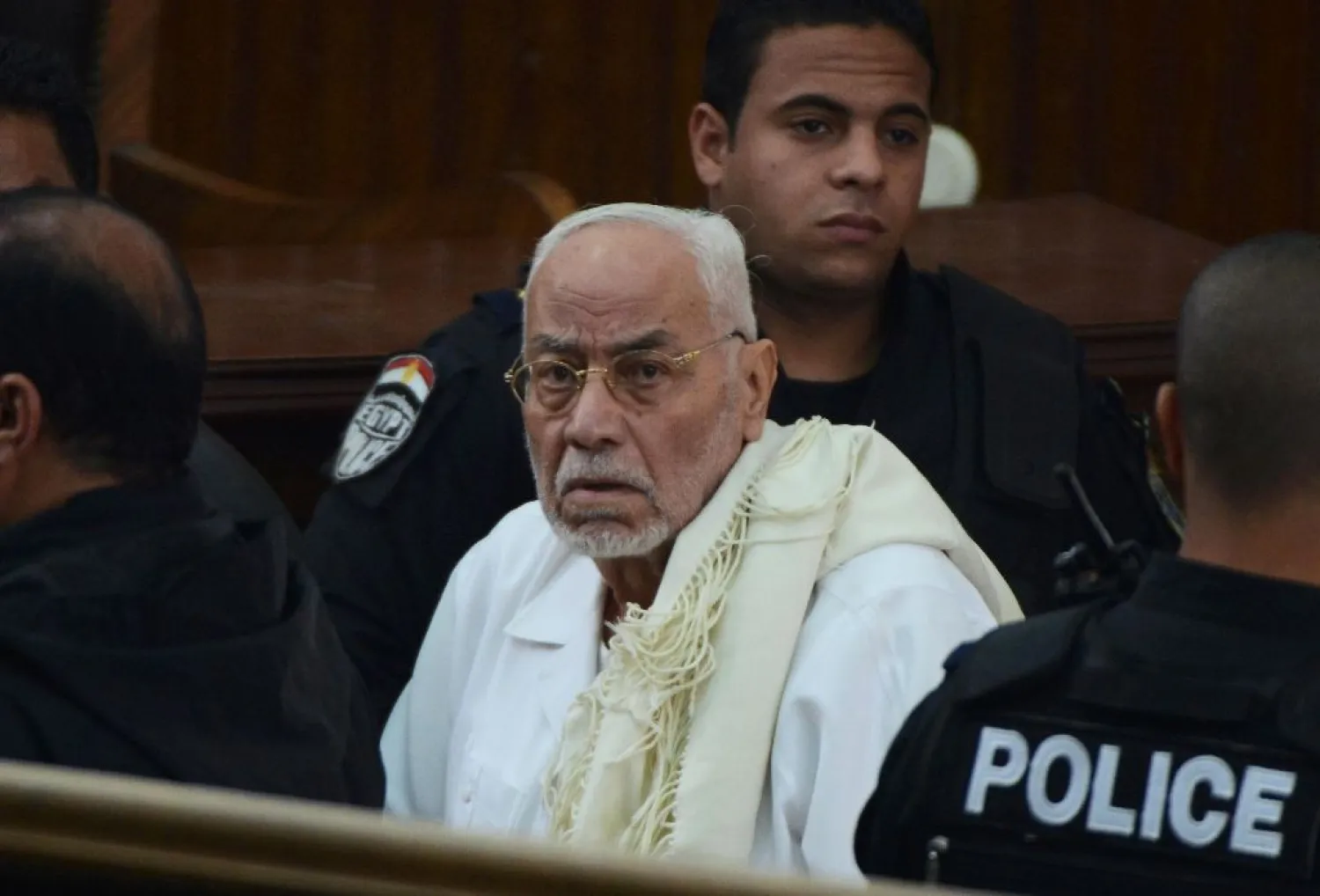The former supreme guide of Egypt’s Muslim Brotherhood Mohammed Mahdi Akef died in hospital on Friday after a recent deterioration in his health.
Akef had suffered from chronic problems linked to old age.
Aliya Mahdi Akef made the announcement on Facebook, saying "my father is in the care of Allah (God)".
A report released by the Qasr El Eyni Hospital said that Akef was admitted in January and that he was diagnosed with bile duct cancer and an enlarged prostate among other conditions.
Born in 1928 -- the year Hassan al-Banna founded the Muslim Brotherhood -- Akef became deeply involved in it at a young age.
After leading its student section, the former physical education instructor joined the group's Guidance Bureau in the 1980s before being elected supreme guide in 2004, at the age of 76. He resigned six years later.
The Brotherhood, which Egypt labels as a terrorist organization, did not offer the real explanation for his resignation, saying that he stepped down due to health reasons.
Sources from inside the Brotherhood said at the time that disputes between the Guidance Bureau and Akef forced him to quit.
Akef was arrested and jailed in 2013 after the overthrow of President Mohamed Morsi. This was followed by a crackdown on other Brotherhood members.
After Morsi's ouster he was sentenced to life in prison, meaning 25 years of detention, for his alleged role in the deaths of 12 anti-Brotherhood protesters who tried to attack the Brotherhood's Cairo headquarters in June 2013.
He spent the last years of his life in and out of hospital while serving his sentence.









